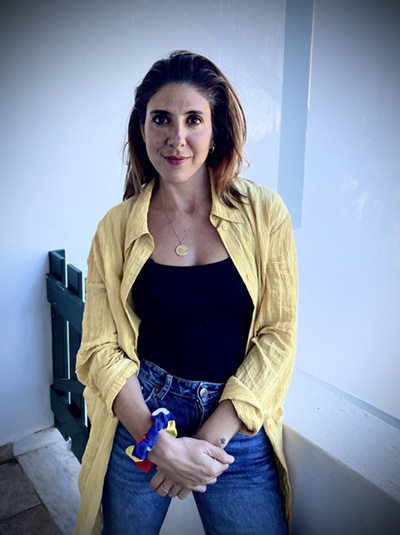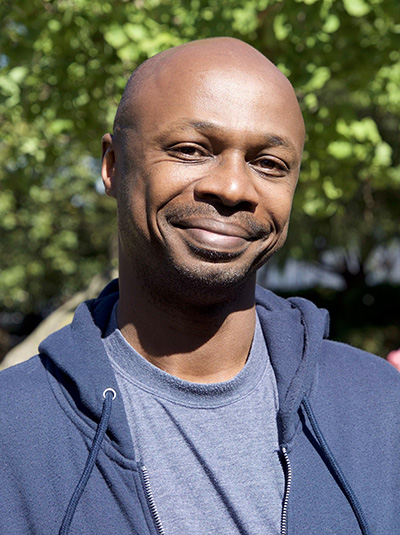
Daphne Matziaraki, Peter Murimi | Kenya, US, Greece, 2024, 94'
For centuries, Kenya's Laikipia region has been a grazing route for indigenous pastoralist communities. It is also home to white ranchers and conservationists who settled there during the British colonial era and stayed after Kenya's independence in 1963. Since 2017, we have intimately filmed our characters as they confront a rapidly changing world. Laikipia has been feeling the ravaging effects of climate change for decades; the pastoralists, the ranchers and conservancies rely on Laikipia’s grasslands to sustain their cattle and the wildlife. When drought and elections collide, conflict erupts. Our story goes beyond the headline grabbing conflict. Exploring identity, the complicated legacy of British colonialism, and the intersection with climate change, all while happening during the most fragile moment of our planet.

Daphne Matziaraki is a Greek documentary film director who lives between Greece and the San Francisco Bay Area. Daphne has directed, shot, produced and edited films that chronicle major social and political and environmental developments in Europe, Africa, the United States and the Middle East. She has been mentoring documentary filmmakers for Stavros Niarchos Artworks fellowship program and Docubox. She holds a Master’s in Journalism from UC Berkeley’s Graduate School of Journalism and a Master’s in International Relations from the University of Bristol, UK.

Peter is a multiple award-winning Kenyan documentary director/producer focusing on hard-hitting social issues. Murimi has led numerous investigations for BBC Africa Eye including “The Baby Stealers” (2020), which exposed a child trafficking syndicate and led to multiple arrests, and “Suicide Stories” (2019), for which he won the Rory Peck News Features Award. He has made films in 30 African countries for major media outlets including Al Jazeera and Channel 4 News. His first major win was the CNN Africa Journalist of the Year Award for his intimate film about Female Genital Mutilation among his Kuria community, “Walk to Womanhood” (2004).